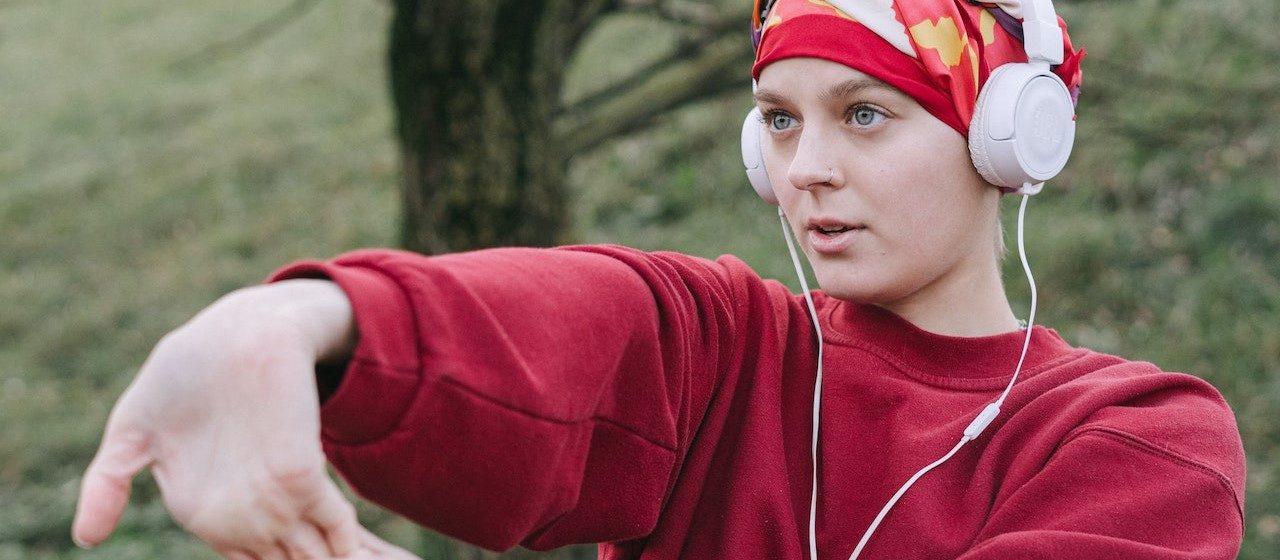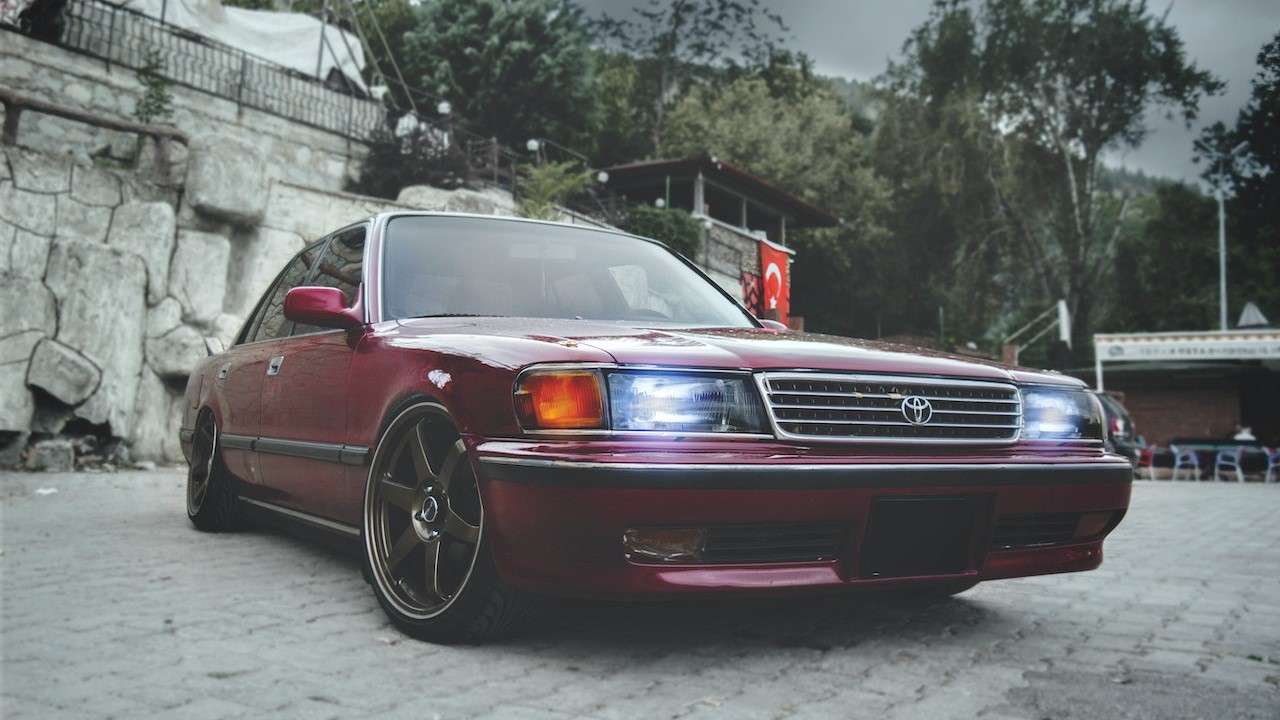5 Common Myths About Chemotherapy

Photo by Ivan Samkov under Pexels License
5 Common Myths About Chemotherapy You Need to Stop Believing
Thanks to the medical advances that have taken place over the past few decades, many chemo patients won’t have to deal anymore with the treatment’s unpleasant side effects such as severe nausea and vomiting.
However, the perception of most people hasn’t caught up with the enormous strides that have been made in treating cancer with the use of chemotherapy drugs.
What are the 5 Common Myths About Chemotherapy You Need to Stop Believing?
Whenever the subject of chemotherapy comes up, does your mind automatically generate negative images of patients suffering from the treatment? If you think about chemotherapy that way, think again. To help you separate facts from fiction, Breast Cancer Car Donations shares the five common myths about chemotherapy you need to stop believing.
1. Chemotherapy will make you feel sick.
Nowadays, chemotherapy drugs – as well as medicines that are taken before chemotherapy – have been developed and designed to prevent side effects such as severe nausea and vomiting or reduce their severity.
2. Chemotherapy will completely disrupt your life.
Thankfully, chemo’s drastic side effects that patients experienced decades ago are not as prevalent now. Although they may have a day or two when they may not feel well, by and large, patients can go on working and living their normal lives throughout the course of their treatment, with just a few modifications on their routine and diet. In other words, a patient’s life will not be drastically interrupted while they have chemo.
3. You won’t be able to bear any children after chemotherapy.
Although menstruation stops during treatment, numerous women managed to have safe pregnancies and deliver healthy children after chemotherapy. Moreover, patients who were pregnant at the time they were diagnosed with cancer are given chemotherapy drugs that won’t cause harm to their babies.
4. You’ll lose all your hair.
While it’s true that most chemotherapy drugs affect hair follicles and other cells in the body that rapidly divide, you might be surprised to know that not all chemotherapy drugs will cause complete hair loss. Others will only cause hair thinning, depending on the type of chemotherapy the patients receive and the combination of drugs administered to them.
5. You can contaminate others.
Contrary to what others might claim, a patient who is undergoing chemotherapy doesn’t become toxic. Furthermore, they don’t need to sleep in another room or take other precautions to avoid contaminating others. Chemo patients are able to maintain their regular lifestyle.
Do You Have an Unwanted Clunker?
Keeping a vehicle that you no longer want or need will eventually take its toll on your finances. Before you find yourself burning cash on insurance, registration, maintenance, and repairs, why not just donate it to Breast Cancer Car Donations? Doing so will help our IRS-certified 501(c)3 nonprofit partners in pursuing their mission to fight breast cancer all over the United States. We’ll gladly accept any type of vehicle you can donate.
With your help, more uninsured and underprivileged individuals would be able to gain access to essential breast health services in your area. These services are focused on breast cancer screening, diagnosis, treatment, and research.
In return for your kindness, we’ll have your vehicle hauled away free of charge! Plus, our team will work hard to give you the opportunity to claim a top tax deduction in the next tax season.
If you’re curious to know more about our vehicle donation program, feel free to visit our FAQs page. Call us at 866-540-5069 now or send us a message online if you have certain questions in mind.
Once you’re ready to donate your clunker, simply fill out our online donation form or call us at 866-540-5069.

Photo by revac film’s&photography under Pexels License
Help Save Those Precious Lives
Think of the precious lives you can help save by giving away a vehicle that you no longer need anyway. Call Breast Cancer Car Donations at 866-540-5069, and get started with your car donation now!
Last Updated: March 10th, 2023
